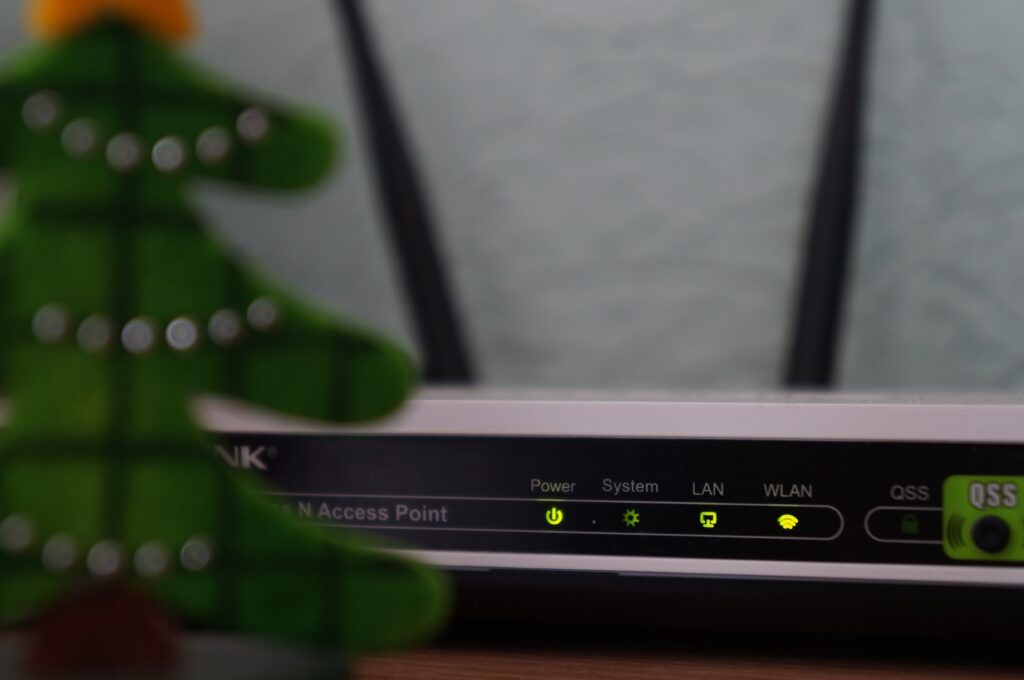Introduction:
As the world becomes increasingly connected, the importance of having a reliable and high-performing network cannot be overstated. Whether you are a small business owner, a large corporation, or simply someone who wants to stream movies and play online games without interruption, having a robust and well-configured network is essential.

One of the most critical components of a network is the router, which acts as the gateway between the devices on your network and the internet. In this article, we will take a deep dive into the world of routers, exploring the different types available, the features to look for when choosing one, and how to properly set up and configure your router to ensure optimal performance.
Types of Routers:
There are several different types of routers available on the market, each with its own set of features and capabilities. The most common types include:
- Wireless routers: These are the most popular type of routers and are designed to connect devices wirelessly. They typically come with built-in WiFi capabilities and can be used to create a wireless network in your home or office.
- Wired routers: These routers connect devices to the network using Ethernet cables, and they are typically used in business environments where a high-speed wired connection is required.
- Modem routers: These routers combine the functions of a modem and a router, making them an all-in-one solution for connecting to the internet. They are often provided by internet service providers (ISPs) and are a popular choice for home users.
- Gaming routers: These routers are specifically designed for gamers, with features such as Quality of Service (QoS) to prioritize gaming traffic and reduce lag.
- Mesh routers: A mesh network is a set of wireless routers that work together to provide a seamless and consistent wireless signal throughout your home or office.
Choosing the Right Router:
When choosing a router, there are several key factors to consider, such as:
- Speed: This refers to the maximum data transfer rate of the router, measured in Megabits per second (Mbps) or Gigabits per second (Gbps). The higher the speed, the faster your internet connection will be.
- Range: This refers to the distance over which the router can transmit a wireless signal. If you have a large home or office, you will need a router with a good range to ensure that all areas are covered.
- A number of ports: This refers to the number of Ethernet ports on the router, which are used to connect wired devices to the network. If you have several wired devices, you will need a router with more ports.
- Security: This is an important consideration, as routers can be vulnerable to hacking and other security threats. Look for routers that come with built-in security features, such as firewalls and VPN support.
- Additional features: Some routers come with additional features such as parental controls, guest networks, and remote management. Consider which features are important to you and choose a router that meets your needs.
Setting Up and Configuring Your Router
Once you have chosen the right router for your needs, the next step is to set it up and configure it for optimal performance. Here are some tips to help you get started:
- Follow the manufacturer’s instructions for setting up and configuring your router.
- Change the default login credentials to something unique and secure.
- Configure your network’s name and password.
- Set up a guest network for visitors to use.
- Configure Quality of Service (QoS) settings to prioritize important traffic such as gaming and streaming.
- Keep your router’s firmware up to date.
